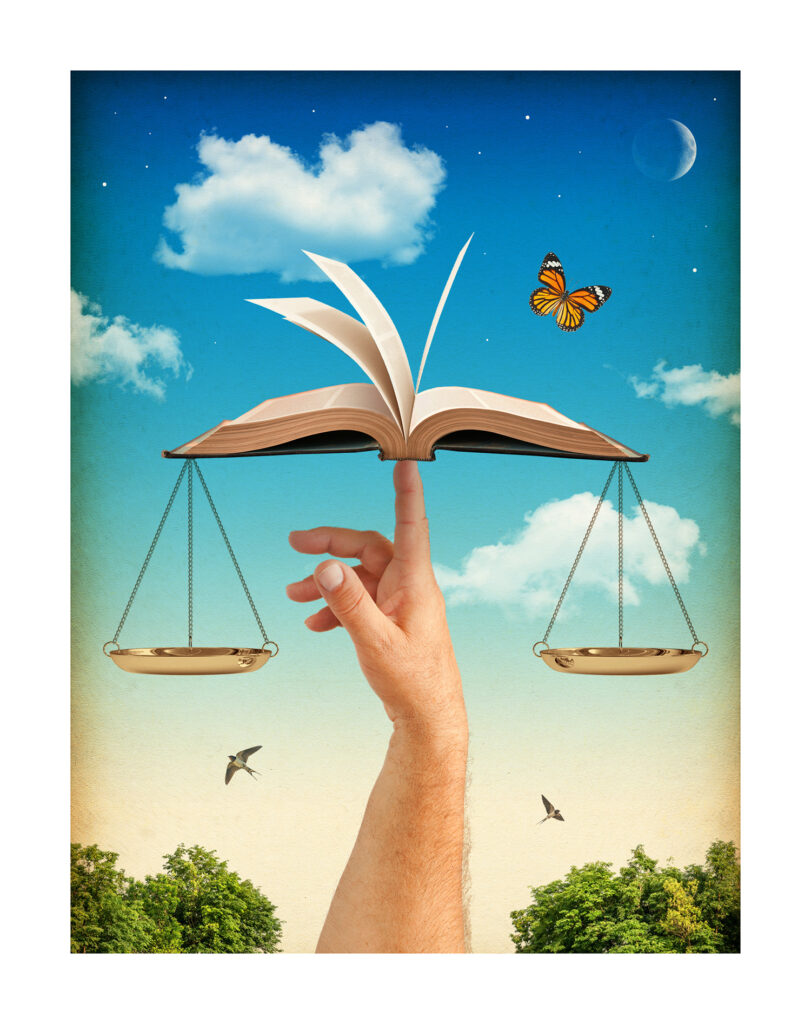
The journey to understanding our parents appears to be its own lifelong path. My father, who died in 2000, was born more than 100 years ago — in 1914 — a fact I sometimes find hard to fathom. His generation of fathers rarely saw their role as being their children’s best friend. He once told me that, while we were painting my bedroom. I’ve never faulted him for it. Today, I wish I knew better his thoughts and feelings, but his love for his seven children I’ve never doubted.
After he passed away, my siblings discovered among his possessions a textbook from his senior year of college, “Special Ethics” by Joseph F. Sullivan S.J., first published in 1929. My father attended St. Joseph’s University, the Jesuit university in Philadelphia, as did my oldest brother. I immersed myself in Ignatian spirituality after becoming editor of LMU Magazine, in 2006. But that was a new world: While growing up, I never heard my dad speak about his own Jesuit education. No discernible Jesuit ethos circulated in our household air — ironic, since my sister and two of my aunts entered the congregation of the Sisters of St. Joseph, which was founded by a Jesuit. Dad’s textbook struck me as an unexpected window into his mind and heart: Stuffed inside were 14 pages of handwritten notes, his class schedule and two exams.
Dad’s textbook struck me as an unexpected window into his mind and heart.
The full, and comprehensive, title of my dad’s senior-year text is “Special Ethics Embracing Individual Ethics, Industrial Ethics, Ethics of the Family, Ethics of Civil Society, International Ethics: A Digest of Lectures.” Organized not by chapter but theses. Sections proceed from thesis statement to exposition, definitions, principles, objections, proofs and more proofs. Anyone familiar with Ignatius’ Spiritual Exercises will notice an orderly similarity. The topics under examination: The Natural Law, capitalism and private ownership, materialism, the state’s obligations to its citizens, the rights of labor, divorce, contraception, and just war theories. In many margins, my father notes things to remember; he rarely converses or argues with Father Sullivan. I see a student trying to master his lessons, preparing for the inevitable exam.
I can’t imagine discussing these topics with my dad. As a college student, I never suspected he’d studied some of the same things I had. Today, I see I’d be out of my league, even though he, surprisingly, got only a 76 on an exam that he took on May 10, 1935.
In the book’s final pages, I begin to see handwritten questions, including this: “Can a nation violating others’ rights ever wage a just war against that nation?”
Perhaps my father was distracted when tested in ethics that day. In May 1935, Adolf Hitler ordered 12 new submarines, contravening the Treaty of Versailles, and Jews were banned from Germany’s Aryans-only military service. On May 15, a speech of Benito Mussolini was reprinted in The New York Times. His military machine, he promised, “threatens no one, but assures peace.”
My dad’s copy of “Special Ethics,” it turns out, is no diary. But in it I now can imagine a young college student, seven years away from a marriage and a war, in a Jesuit university studying in the classroom of the world.
